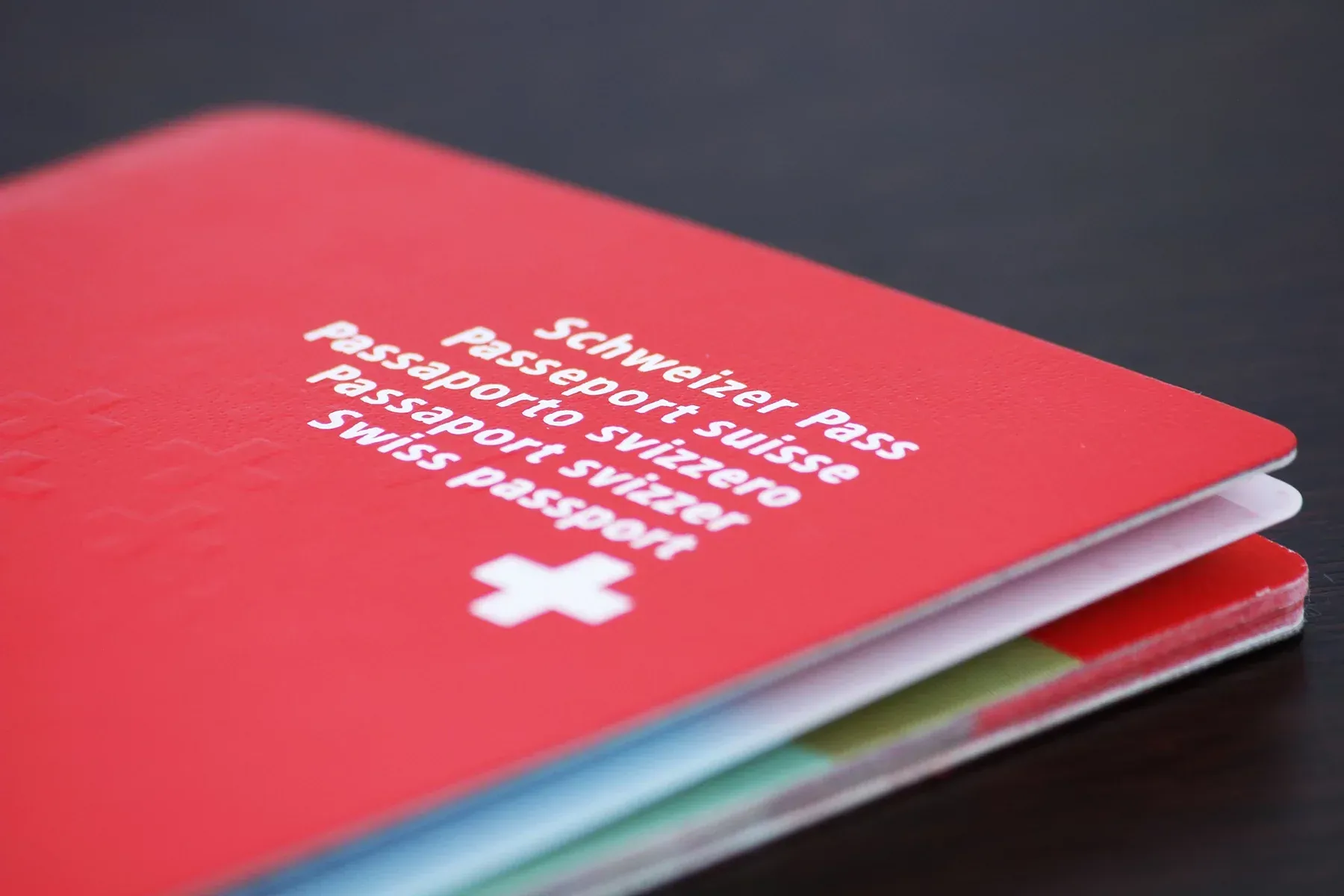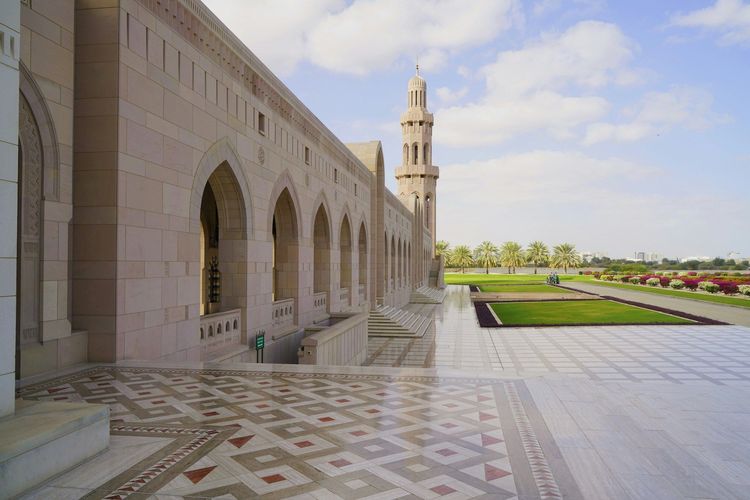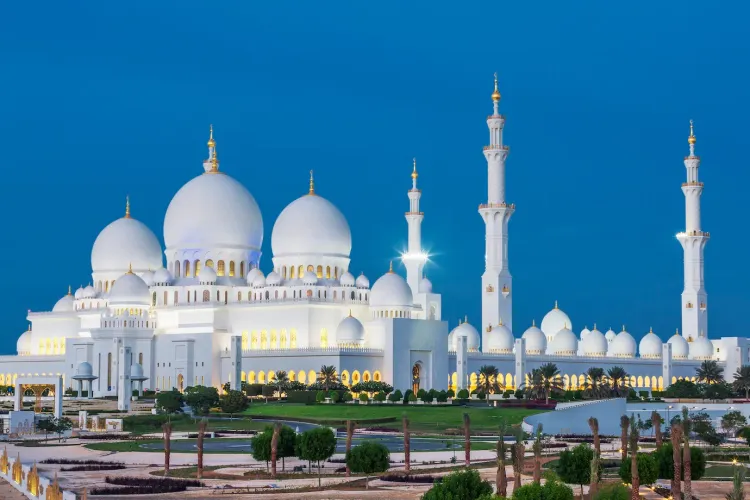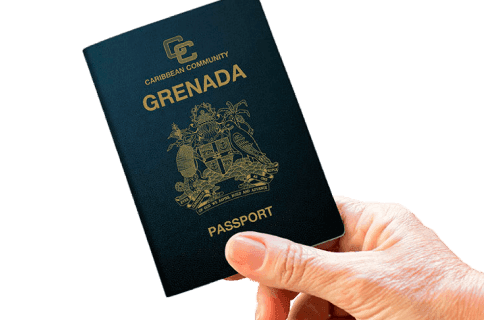Obtaining a residence permit (UZL) in Switzerland is an important step for many who plan to live and work in this picturesque and economically developed country. There are many questions about the process of obtaining a residence permit, including the requirements for applicants, the types of visas available, the processing time and the specifics of staying in Switzerland.
This section is designed to answer the most common questions that prospective Swiss residents have. Whether you are interested in work visas, family reunification visas or study visas, here you will find key information and practical advice to help you navigate this important process. Switzerland attracts many foreigners with its high quality of life, stable economy and beautiful nature, and our overview will help you take the first steps towards obtaining a residence permit in this wonderful country.
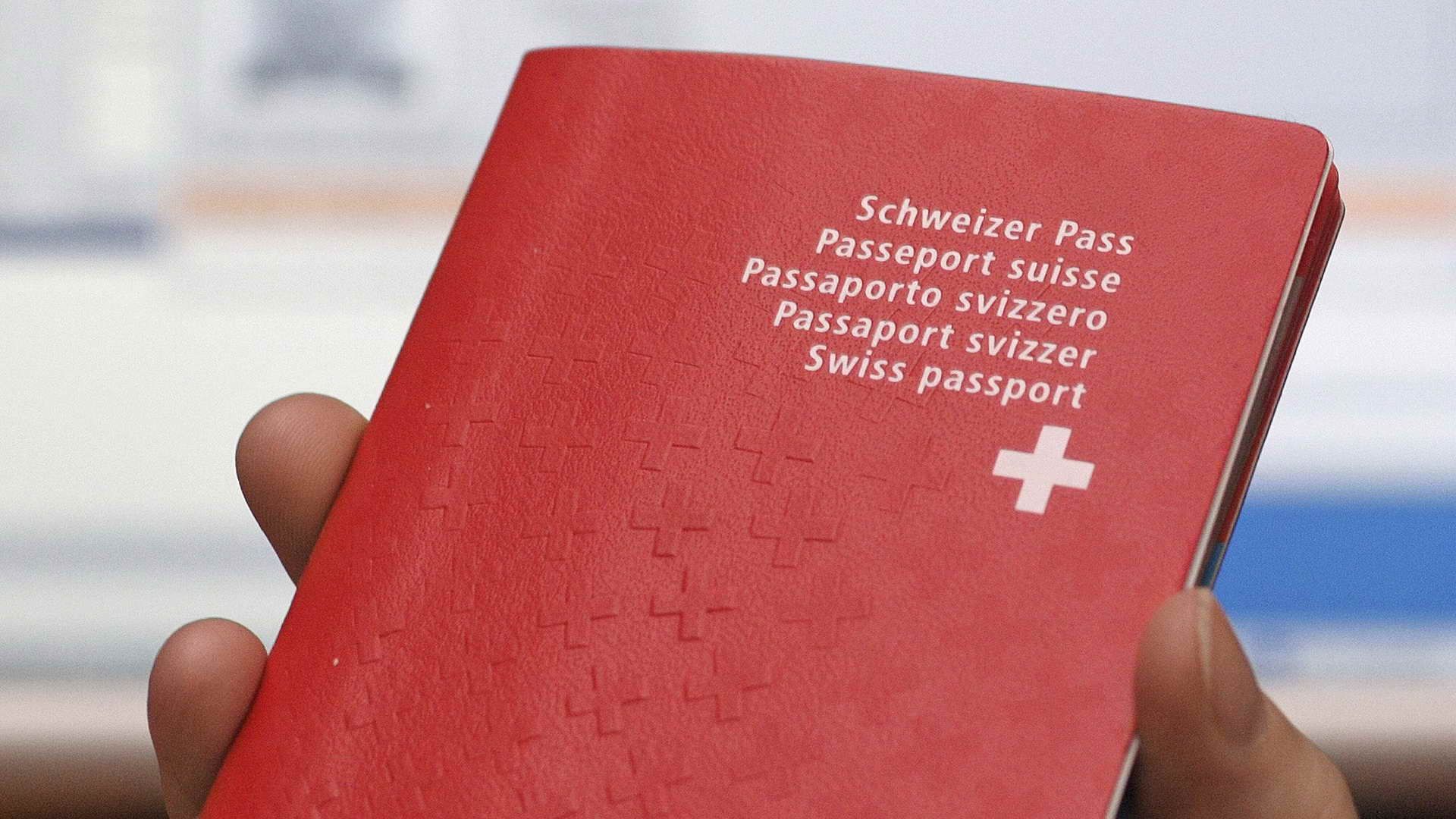
Obtaining Swiss citizenship through investment
Switzerland does not offer a direct route to citizenship through investment. However, significant investments in the country's economy can be rewarded with a residence permit (HND), which gives the right to reside in Switzerland for an extended period of time. Generally, foreign investors can obtain a residence permit for up to 10 years.
In order to obtain a residence permit for an investment, a number of conditions must be met:
- Investment in the Swiss economy: The investor needs to invest a significant amount of money in the Swiss economy. This can be a business investment, the purchase of real estate or other forms of economic contribution.
- Job creation: Creating new jobs for local residents and contributing to the economy of the region is important.
- Approval of the cantonal authorities: The decision to grant a residence permit is made by the canton and the requirements may vary from region to region. Each case is considered individually.
A residence permit obtained for investment is usually granted for up to 10 years and can be renewed. However, it does not automatically entitle you to citizenship. In order to obtain citizenship, one must live in Switzerland for a certain period of time (usually 10 years) and fulfill a number of other requirements, such as integration into local society, knowledge of one of the official languages and compliance with local laws.
Thus, while an investment can greatly simplify the process of obtaining a residence permit, it does not guarantee automatic citizenship. This requires a more complex and lengthy naturalization process.
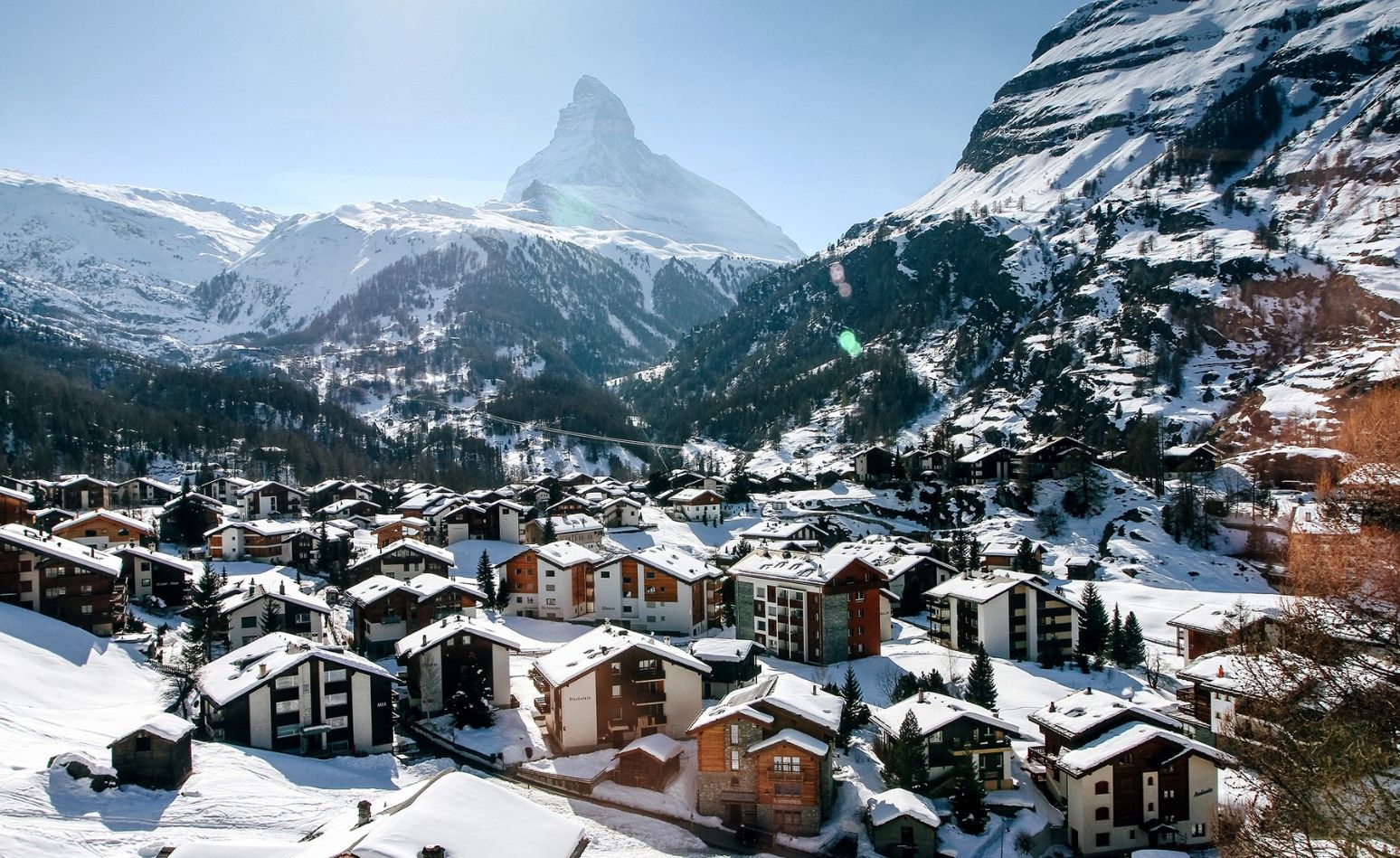
Citizenship benefits
Switzerland offers certain citizenship benefits to certain categories of applicants. For example, benefits may be granted to spouses of Swiss citizens, children of Swiss citizens and persons who have lived in Switzerland for a certain number of years. For such applicants, the timelines and requirements may be somewhat lighter. Benefits may also be granted to foreigners who have made a significant contribution to the development of science, culture or sport in Switzerland.
Can I get a residence permit if I buy real estate?
In Switzerland, the purchase of real estate does not automatically entitle you to a residence permit (HND). Unlike some other countries in Europe, Switzerland does not have a program to grant a residence permit for the purchase of real estate. Foreign nationals can buy real estate in Switzerland, but this does not affect their migration status. Other criteria such as work visas, student visas or residence permits for investment must be met in order to obtain a residence permit.
Lump-sum tax - what it is and how it is calculated
The lump-sum tax (lump-sum tax) is a special type of taxation that applies to foreigners who obtain a residence permit in Switzerland without the intention of working. This tax is calculated on the basis of living expenses and does not depend on the applicant's income or assets. The amount of the chord tax is usually agreed with the local tax authorities and may vary depending on the canton and the applicant's level of expenditure. This type of taxation is particularly popular among wealthy individuals who choose Switzerland as a place of permanent residence.
Can I hold a residence permit and not live in the country?
Holders of a residence permit in Switzerland are required to live in the country most of the time. However, there may be exceptions if the resident can justify the need for temporary residence outside Switzerland (e.g. for work or family reasons). It is important to keep in mind that prolonged absence may affect the possibility of extending the residence permit or naturalization in the future. The rules may vary depending on the type of residence permit and the canton.
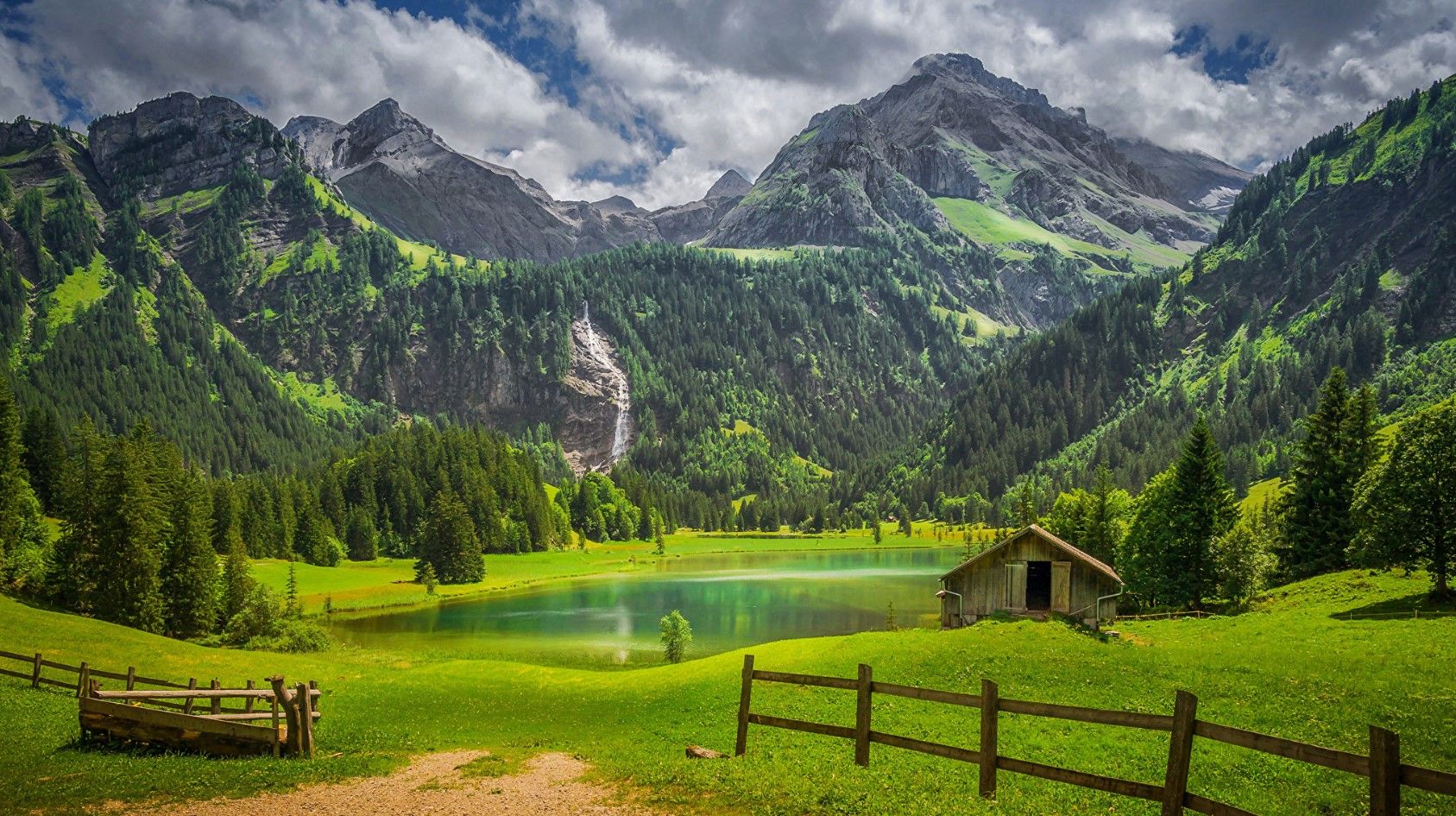
Minor children - can they obtain Swiss citizenship?
Minor children can acquire Swiss citizenship through naturalization of the parents or through simplified naturalization. If one of the parents is a Swiss citizen, the child can apply for Swiss citizenship. Children who were born in Switzerland and have lived in the country for a certain number of years can also be naturalized through a simplified procedure.
It is important to note that the process of obtaining citizenship for children may include a test of integration into the local society and knowledge of one of the official languages.
one of the official languages.
These sections provide a comprehensive overview of the key aspects of obtaining residence permits and citizenship in Switzerland, taking into account the different paths and requirements for applicants.
Can I get a job with a residence permit in the EU?
With a residence permit (HND) in Switzerland, you do not have an automatic right to work in the European Union (EU). To work in the EU, you must obtain a work permit in the country where you plan to work. Some types of residence permits, such as the EU Blue Card, allow you to work in several EU countries, but they do not apply to Switzerland as it is not a member of the EU.
Switzerland has its own rules for work permits and residence permits, which are not the same as the EU rules.
Can I apply for a residence permit without visiting the country?
It is possible to apply for a residence permit in Switzerland without visiting the country, but the process involves many steps that require interaction with local authorities and the fulfillment of certain procedures. Applicants must apply through the Swiss consulate or embassy in their home country. However, in most cases, once you have received your prior authorization, you will still need to come to Switzerland to complete the registration process and receive the residence permit card itself.
Permanent residence after a couple of years of residence
In Switzerland, you must have lived in the country for at least 10 years to obtain permanent residence (C-permit). Only after this period has elapsed can you apply for permanent residence. For EU/EFTA citizens, this period can be reduced to 5 years depending on their circumstances and successful integration. However, for third-country nationals (non-EU/EFTA) the standard period is 10 years of residence.
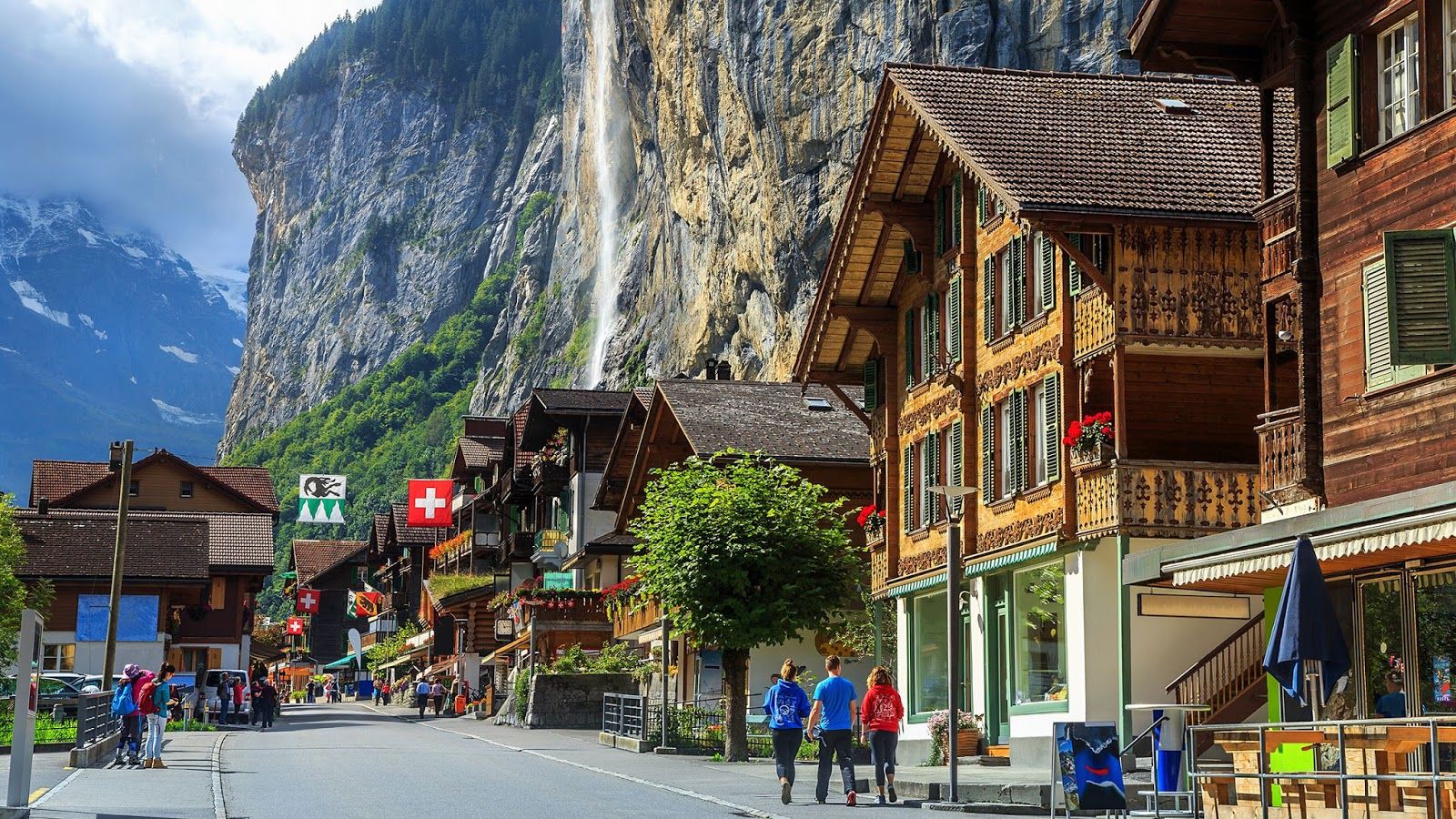
Examinations for a residence permit
There are no examinations required to obtain a residence permit in Switzerland. The main prerequisite is that you have no legal problems and meet other requirements such as income, housing and health insurance. Although no exams are required, some cantons may require proof of knowledge of one of Switzerland's official languages (German, French, Italian) for successful integration.
Why is Switzerland so popular?
Switzerland attracts many foreigners for a number of reasons:
- High standard of living: Switzerland is known for its high quality of life, including excellent medical care, education and infrastructure.
- Stable economy: The country has one of the most stable economies in the world, making it an attractive place to work and do business.
- Safety: Switzerland is known for its low crime rate and high level of safety for residents and tourists.
- Beautiful nature: Mountainous landscapes, clear lakes and a well-developed system of public parks make Switzerland a popular destination for nature lovers.
- International community: The country is home to many international organizations, including the UN and the Red Cross, which attracts foreigners from all over the world.
These factors, combined with a high level of political and social stability, make Switzerland one of the most attractive countries to live and work in.

